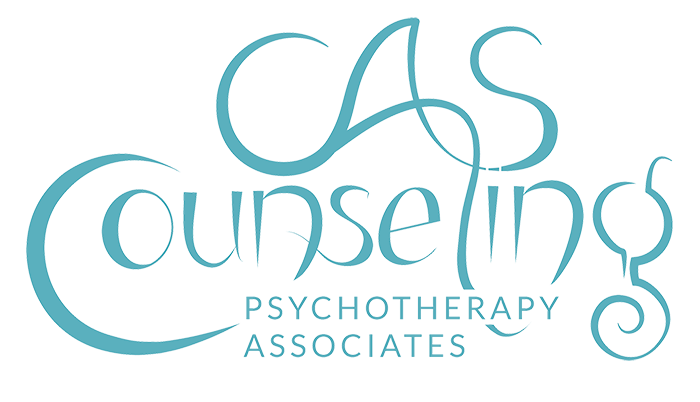
What to Expect
Psychotherapy is based on numerous factors which, in dynamic balance, can help participants achieve:
Insight
Increased clarity
Resolution of issues (both current and past)
Greater Confidence
Increased self-esteeem
Decreased anxiety and/or depression
Cessation of troublesome symptoms
Improved relationships
Greater health and vitality
A fuller life experience
In your initial sessions, you will experience some combination of the following:
Comprehensive discussion of the reason(s) you are seeking treatment
Assessment of safety – such as risks for self-harm, relationship harm, family violence, etc.
Review of your history – including but not limited to: developmental, family, relationships, education, career, health, prior treatment(s), etc.
Exploration of your dreams and goals
Exploration of your strengths and resources
Specific assessment and identification of acute symptoms for issues such as eating disorders, PTSD, dissociation, ADD/ADHD, depression, anxiety, panic attacks, etc.
In your initial sessions, you will experience some combination of the following:
Especially in the early stage of therapy, a minimum of weekly sessions are useful for building rapport and comfort and establishing a solid sense of continuity in the therapeutic process.
When symptoms are acute (and that means different things for each person), more frequent sessions can be helpful. Intensified frequency (such as twice weekly or more) can result in a greater sense of goal directedness, feeling more supported, more ease in interrupting unhealthy patterns of behavior, and a deeper involvement in one’s therapy process.
Over time, decreased frequency may feel like a natural transition once therapy goals are clearly established and/or initial concerns have been resolved. Sometimes every-other-week appointments may also be preferable due to scheduling needs.
